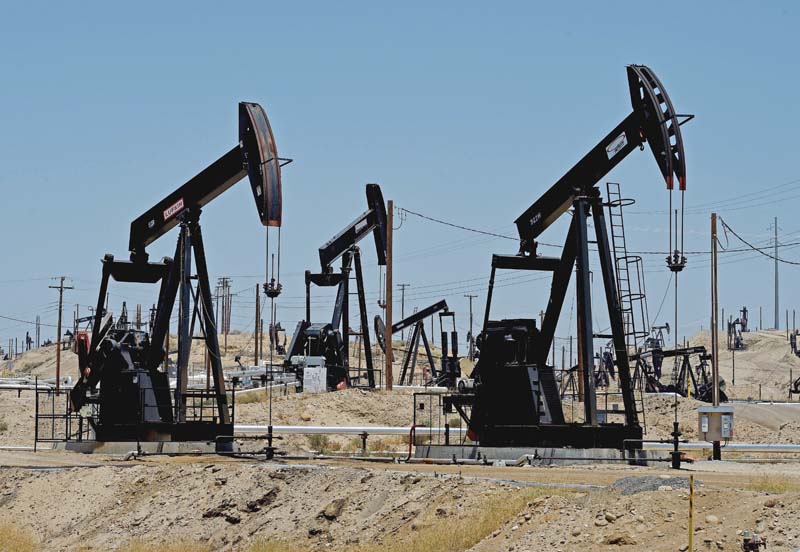
ISLAMABAD:
The government has signed 70 supplemental agreements with oil and gas exploration companies that cover 94 leases and promise an increase in wellhead prices in order to step up exploitation of hydrocarbon resources.
The agreements come in a bid to meet a key condition for the release of $500-million World Bank loan for the energy sector.
Representatives of Oil and Gas Development Company (OGDC), Pakistan Petroleum Limited (PPL), Mari Petroleum, MOL and OMV signed the accords here on Thursday.
The government has committed to inking 120 supplemental agreements with oil and gas exploration companies. In the beginning, it has signed 70 agreements.

According to the deal with exploration companies, the government will offer a price of $4.1 per million British thermal units (mmbtu) for blocks awarded under the 2007 petroleum policy, $4.38 per unit for blocks covered by the 2009 policy and $5.78 per unit for deals reached under the 2012 policy if crude oil price is at $100 per barrel.
These prices are for the exploration blocks that have been shifted from the old to the new policies.
“Prices of gas will rise following the increase in wellhead prices for exploration companies,” said an official while talking to The Express Tribune.
There were two ways to absorb the price rise. First, provinces could take a hit on their collection of gas development surcharge and second, gas consumers could be forced to pay higher bills, he said.
Speaking to the media, Petroleum and Natural Resources Minister Shahid Khaqan Abbasi said the decision to shift exploration fields to the new policies had already been approved, but it was not implemented.
He said the government was required to reach supplemental agreements in order to implement the decisions for stepping up oil and gas exploration in the country.
Responding to a question, the minister revealed that the petroleum ministry had asked OGDC and PPL to enter into joint ventures with other companies in the areas where they had no resources.
Director General Petroleum Concession Saeedullah Shah recalled that different governments had given assurances to the investors that their agreements would be brought under the new regime, but these cases had been pending since 2001. “The delay in signing supplemental agreements had shaken the confidence of investors,” he added.
Shah pointed out that wellhead gas prices were low in the past, which made exploration activities economically unviable for the investors. “Incentives were announced in the past policies, but these were not implemented.”
He stressed that the government had framed a clear policy that would pave the way for action against those exploration companies that were not performing up to the mark.
10 licences revoked
The government has already revoked licences of some oil and gas exploration companies for failure to initiate exploration work.
“So far, we have cancelled 10 exploration licences of oil and gas producing companies,” Shah said, adding show-cause notices had been issued to seven other companies and final notices were served on four companies.
Published in The Express Tribune, September 4th, 2015.
Like Business on Facebook, follow @TribuneBiz on Twitter to stay informed and join in the conversation.














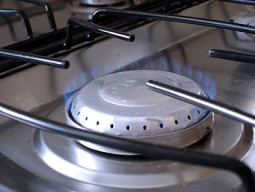
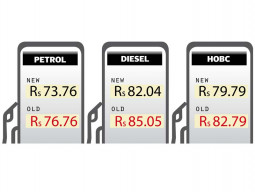
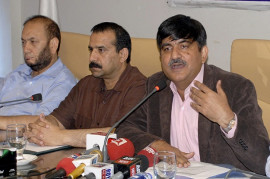


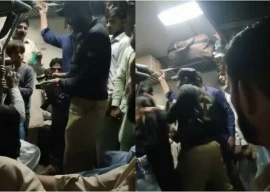














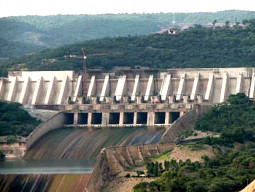
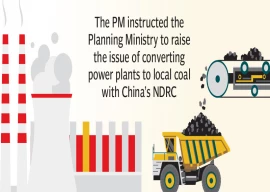








COMMENTS (1)
Comments are moderated and generally will be posted if they are on-topic and not abusive.
For more information, please see our Comments FAQ